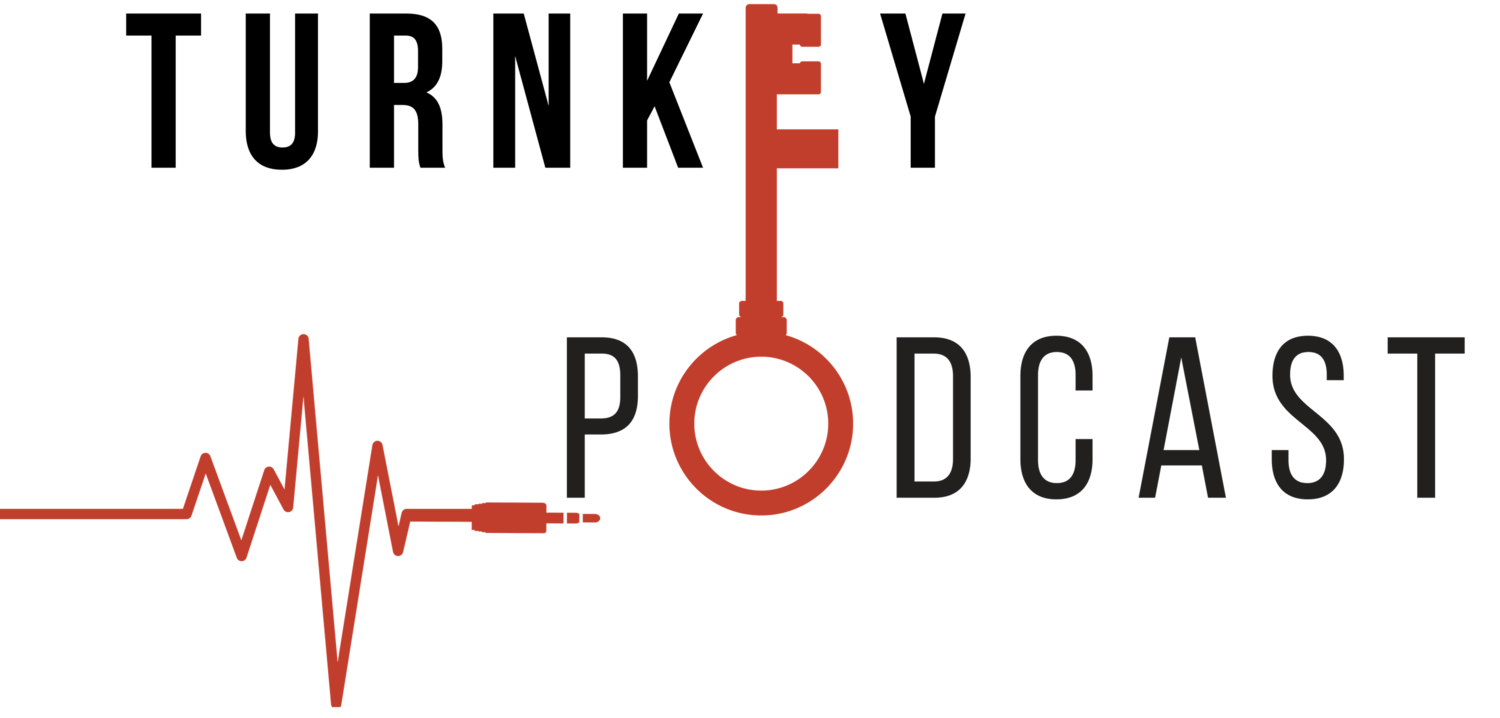This article is directly from Lynne Golodner Forbes Marketing Councils Member. The direct link to this article can be found here
Lynne Golodner, Chief Creative Officer/Owner at Your People LLC, building business through storytelling, relationships and higher purpose.
It seems like everyone is podcasting these days, with low barriers to entry and easy distribution. At last count, there were more than 850,000 podcasts in the world, with 2 million podcasts registered by Google (not all are active today). While 32% of Americans listen to at least one podcast per month, nearly half of podcast listeners have household incomes of more than $250,000 and say they consider purchasing advertised items.So is it worth it for your business?A podcast can be a great marketing tool when done right, with a defined purpose and alignment with the business’s core values. But that doesn’t mean it will get you where you want to go. There are so many things to consider if you want in on the podcasting action.In July of 2018, I launched a podcast intended as a marketing tool for my marketing agency. It has blossomed into a life force for my business, reigniting my love of interviewing and storytelling from my journalistic days and helping define my agency’s future.
And yet, a year and a half in, we are just beginning to grow our audience and strategically build this marketing tool so that it markets us well and effectively. That’s because a podcast is a big commitment, requiring a lot of hands-on love and attention.
If you’re considering adding a podcast to your marketing mix, ask yourself these five questions before jumping in:
1. What’s your niche? Topic, style, expertise — what unique angle and information do you bring to the marketplace, and what will inspire people to want to listen to you? If you can’t answer this question for your business, you’re unlikely to answer it for a podcast.
2. Do you have the drive to see it through? Bloggers, podcasters and social media pages start out with enthusiasm and passion, but the energy to stay the course often dissipates, leaving a stagnant marketing channel that not only doesn’t help you, but also hurts you. There is nothing worse than a blog whose last post is two years old, a social media page with no posts or a podcast that’s gone dark.
3. Are your ducks in a row? You’ll need a sound engineer who’s communicative, available and able to hold the fate of your podcast in their hands. Is there a studio you can rent, or do you plan to purchase equipment for your workplace? (That’s a totally different conversation!) Have you designated a person to coordinate the podcast? Who’s the host?
4. How regularly can you publish new episodes? Define this before you begin. Will this be a regular schedule — say every two weeks or month? Or a special eight-episode series? A robust listener audience depends on knowing what to expect and when they’ll hear from you.
5. How will you build your audience? Podcasts often feature their own social media pages and platforms, which require regular updating to drive exposure to new episodes. Will someone pitch your host to other podcasts to promote your show? Do you speak a lot? If so, share podcast information at every engagement. Just because you produce a podcast does not mean anyone will listen. And if they don’t listen, how does it market your business?
If you’ve answered all these questions enthusiastically and are convinced a podcast is the next best step in your marketing mix, you’ll want to create an editorial calendar for episodes that aligns with your overall marketing strategy and content calendar. The best marketing is driven by a focused and consistent brand narrative, and the podcast will be another of your marketing channels to carry these key messages.
These key questions are applicable to many marketing initiatives, by the way. It takes effort, persistence and vision to market well.
The best marketing really comes from knowing who you are and why you do what you do. The purpose and deep meaning behind your business should drive all marketing efforts. It’s easy to podcast when all of this is crystal clear. If it’s not, take a breath and a step back to answer those questions and articulate your business purpose before creating any marketing initiatives. Your future customers will thank you!
